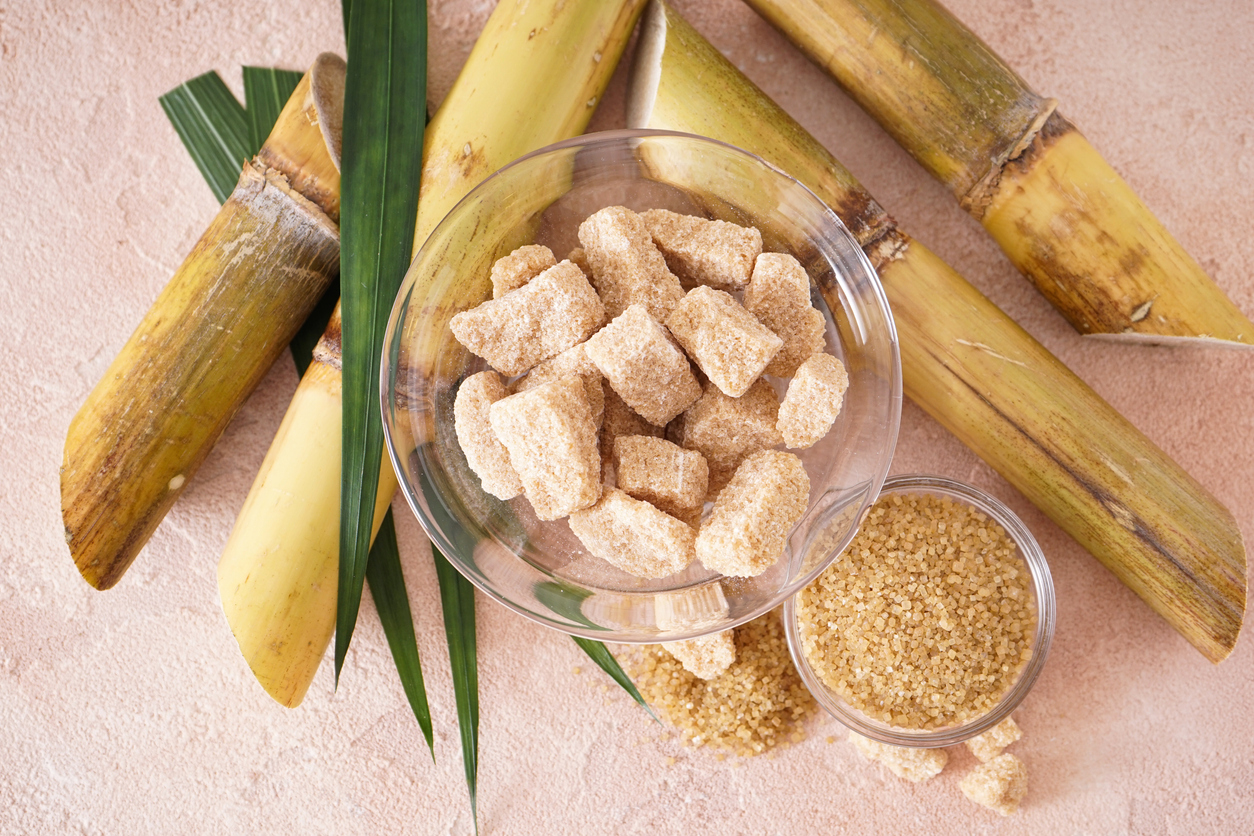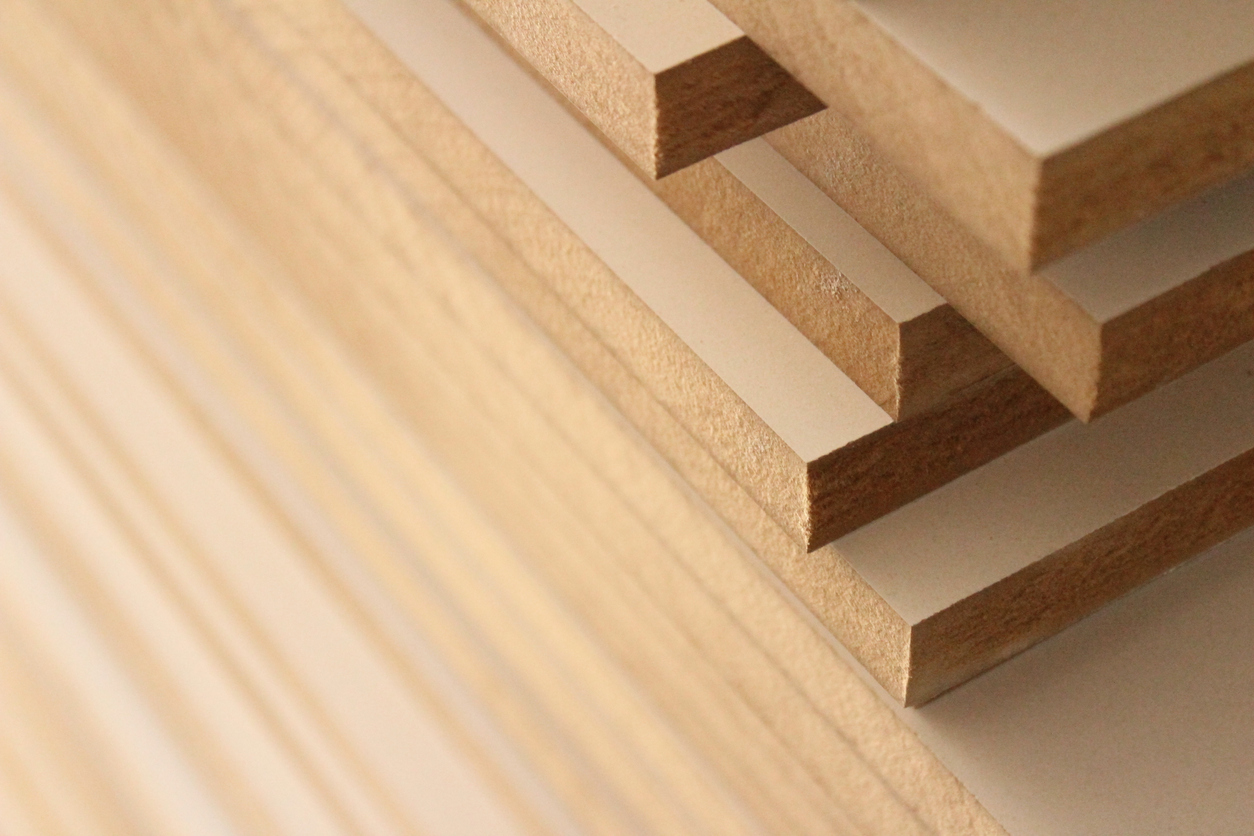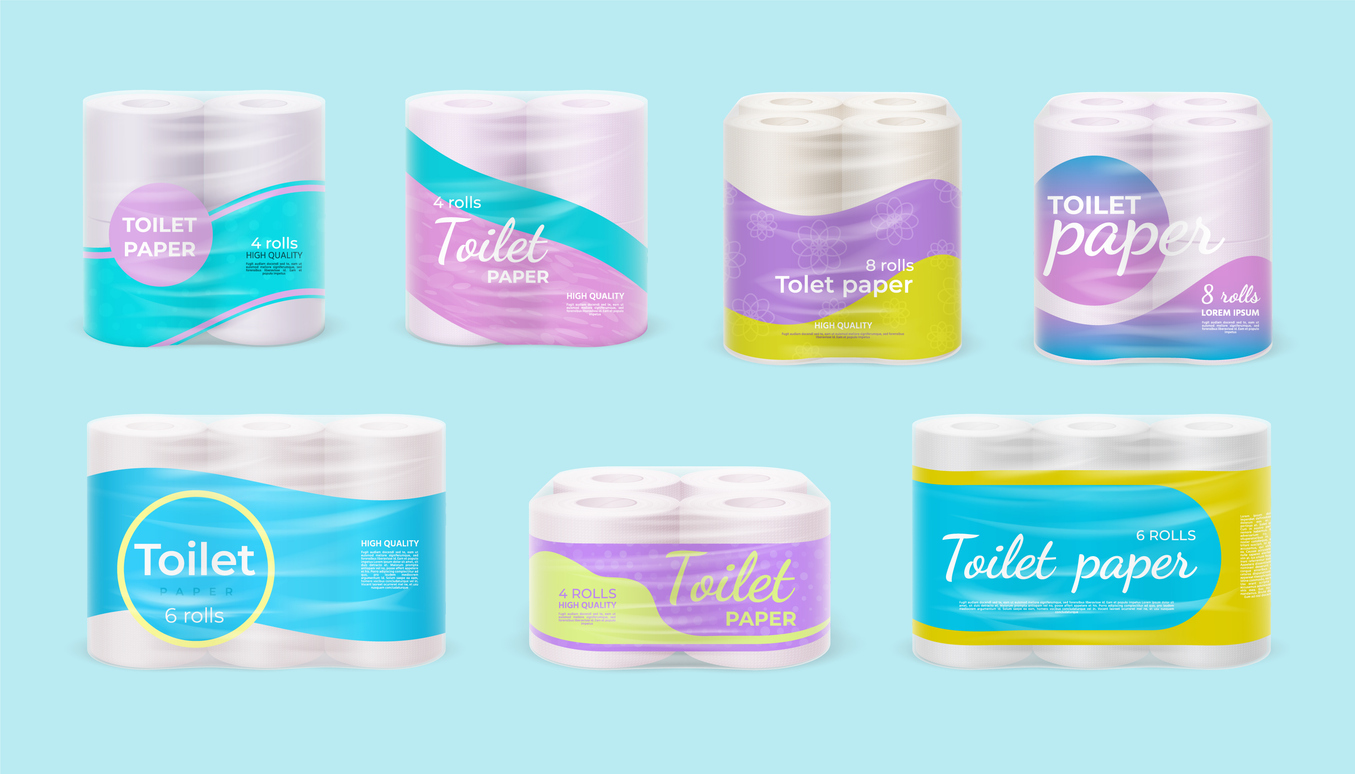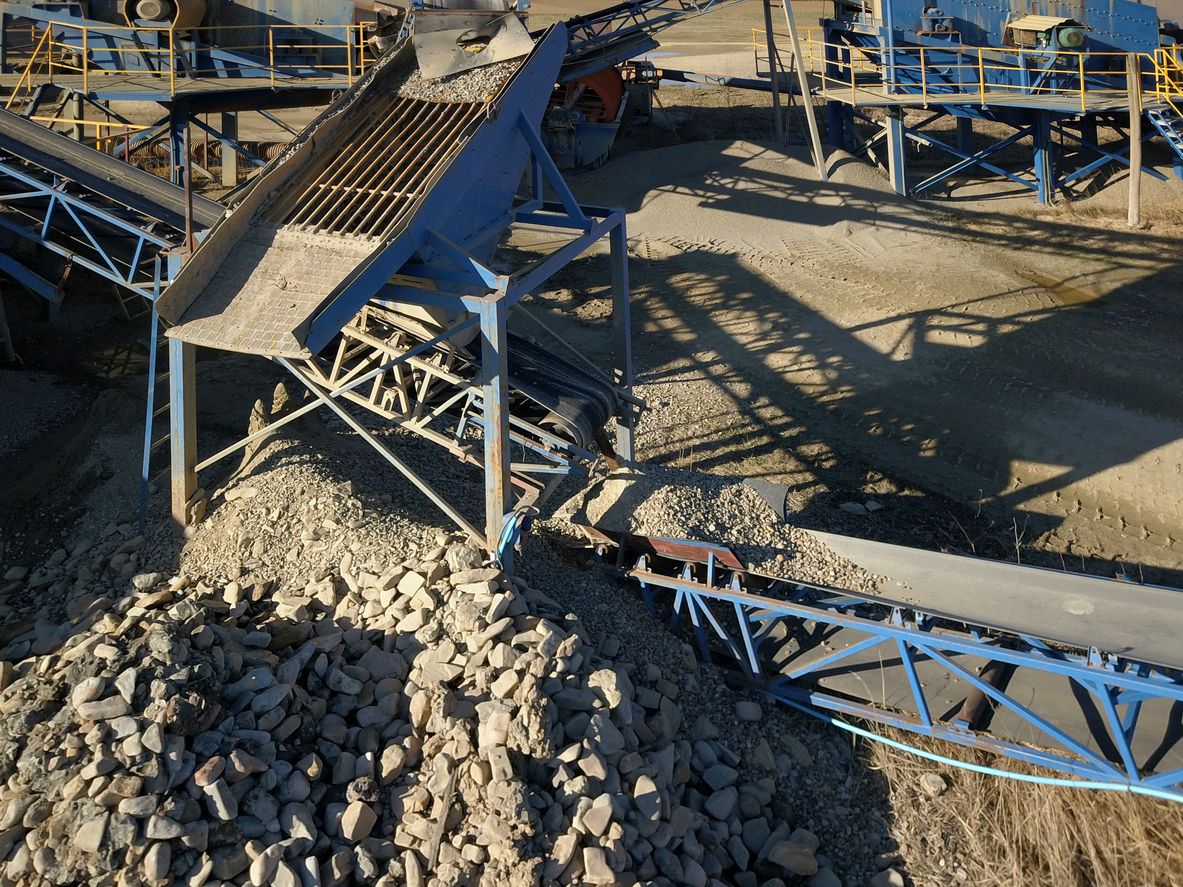Exploring the Art of Sugar Manufacturing in Nigeria: An Insight into Wigmore Trading’s Process
Exploring the Art of Sugar Manufacturing in Nigeria: An Insight into Wigmore Trading’s Process
Welcome to the fascinating world of sugar manufacturing in Nigeria, where we delve into the intricate process that brings sweetness to our lives. Join us as we embark on a journey through time and technology, exploring Wigmore Trading’s innovative approach to crafting this essential commodity. From sugarcane fields swaying in the African breeze to state-of-the-art machinery transforming nature’s gift into granules of delight, get ready for an exclusive insight into this artful trade. Prepare to be captivated by stories untold and secrets unveiled – because when it comes to sugar production, Wigmore Trading is at the forefront of excellence. Let’s dive into their extraordinary process and discover why Nigerian sugar truly stands out on the global stage!
Introduction to Sugar Manufacturing in Nigeria
Introduction:
Sugar manufacturing in Nigeria has a long history dating back to the early 19th century when the first sugar mill was established in the country. Over the years, it has become an important industry and a major contributor to the economic growth of Nigeria. Today, Nigeria is one of the leading producers of sugar in Africa, with a significant portion of its production coming from local manufacturers like Wigmore Trading.
The Process:
The process of sugar manufacturing involves several steps that require specialized equipment, skilled labor, and adherence to strict quality standards. Wigmore Trading follows a well-defined process that ensures high-quality sugar is produced consistently.
1. Sugarcane Cultivation:
The first step in sugar manufacturing is cultivating sugarcane, which is grown mainly in tropical countries like Nigeria due to its warm climate. Sugarcane farming requires fertile soil, adequate water supply, and proper irrigation techniques for optimal growth.
2. Harvesting:
Once matured, sugarcane is harvested by cutting them close to the ground using specialized machinery or manually with machetes. The cut canes are then loaded onto trucks and transported to the processing plant as quickly as possible to avoid deterioration.
3. Milling:
At Wigmore Trading’s processing plant, the harvested sugarcane undergoes milling where they are crushed into small pieces or shredded using heavy rollers to extract their juice.
4. Clarification:
After milling, impurities such as dirt and debris are removed from the extracted juice through a process called clarification.
History and Growth of the Sugar Industry in Nigeria
The history of the sugar industry in Nigeria dates back to the 16th century when Portuguese explorers introduced sugarcane cultivation and processing techniques to the country. However, it was not until the 19th century that commercial production of sugar started in Nigeria.
During this time, British colonialists saw the potential for large-scale production of sugarcane due to Nigeria’s suitable climate and fertile land. They established several plantations along the riverbanks of Lagos and Calabar, which were major hubs for sugar trade in West Africa.
In the early 20th century, Nigerian entrepreneurs began investing in sugarcane cultivation and processing, leading to a significant growth in the industry. The first indigenous-owned sugar mill was established in 1952 by Alhaji Aliko Dangote’s grandfather, Alhassan Dantata. This marked a turning point for locally owned sugar production in Nigeria.
The Nigerian government also played a crucial role in developing the sugar industry by implementing policies that encouraged local production and reduced dependence on imported sugar. In 1960, a Sugar Development Levy was introduced to support local farmers and processors, further boosting the growth of the industry.
Overview of Wigmore Trading’s Process
Wigmore Trading is a leading sugar manufacturing company in Nigeria, known for its high-quality products and efficient production process. In this section, we will provide an overview of Wigmore Trading’s process and the various steps involved in producing their renowned sugar products.
1. Selection of Raw Materials:
The first step in Wigmore Trading’s process is the selection of high-quality raw materials. The company sources its sugarcane from local farmers who follow sustainable farming practices. The sugarcane is carefully selected based on its maturity and sugar content, ensuring that only the best quality cane is used for production.
2. Crushing and Extraction:
Once the sugarcane arrives at the factory, it undergoes a thorough cleaning process to remove any impurities or debris. It is then crushed using heavy machinery to extract the juice from the cane. This juice is rich in sucrose and forms the basis for further processing.
3. Clarification:
The extracted juice contains impurities such as dirt, fibers, and other plant material that need to be removed before moving forward with the production process. To achieve this, Wigmore Trading uses a clarifier to separate these impurities from the juice, resulting in a clear liquid ready for evaporation.
4. Evaporation:
In this step, the clear juice undergoes a series of evaporators to remove excess water and concentrate it into thick syrup-like consistency known as molasses.
– Sourcing of Raw Materials
The process of sugar manufacturing in Nigeria involves the sourcing of raw materials from various sources. In this section, we will delve into the specific methods and strategies used by Wigmore Trading to acquire high-quality raw materials for their sugar production.
1. Local Sourcing: One of the primary sources of raw materials for Wigmore Trading is local sugarcane farmers. Nigeria has a vast amount of arable land suitable for sugarcane cultivation, making it an ideal source for locally grown cane. Wigmore Trading has established strong relationships with these farmers, ensuring a steady supply of fresh and healthy sugarcane throughout the year.
2. Quality Control: To ensure that only the best quality sugarcane is sourced, Wigmore Trading implements strict quality control measures at every step. This includes regular farm visits and inspections to assess the health and maturity of the crop before harvesting. Additionally, samples are collected from different farms to analyze their sugar content and other essential parameters.
3. Importing Raw Sugar: While local sourcing is preferred, some types of sugar cannot be produced in Nigeria due to climatic conditions or limited availability. In such cases, Wigmore Trading imports raw sugar from trusted international suppliers who meet their standards for quality and sustainability.
4. Ethical Sourcing: As a company that values ethical practices, Wigmore Trading ensures that all their imported raw sugar comes from suppliers who adhere to fair trade policies and do not exploit workers or harm the environment.
– Production Techniques
Production Techniques
The production techniques used in sugar manufacturing play a crucial role in determining the quality and quantity of the final product. Wigmore Trading, one of Nigeria’s leading sugar manufacturers, takes great pride in their well-established production techniques that have been perfected over the years.
1. Harvesting and Extraction:
The first step in sugar production is harvesting the sugarcane plants. The sugarcane fields are carefully monitored to determine when the cane is ready for harvesting. Once harvested, the cane is immediately transported to the processing plant for extraction.
At Wigmore Trading, only fresh and fully matured sugarcane is used to ensure maximum sucrose content. The extraction process involves crushing the cane to extract its juice, which contains high amounts of sugar.
2. Clarification and Evaporation:
After extraction, the sugarcane juice goes through a clarification process where impurities such as dirt and plant fibers are removed using chemicals or natural substances like lime or carbon dioxide. This process ensures that the end product is pure and free from any contaminants.
Next, evaporation takes place where large evaporators are used to boil down the clarified juice into a concentrated syrup. This syrup is then transferred to vacuum pans where it undergoes further boiling until crystals start forming.
– Quality Control Measures
Quality control measures are an integral part of sugar manufacturing at Wigmore Trading. As a leading sugar supplier in Nigeria, we understand the importance of producing high-quality products that meet the expectations and standards of our customers. In this section, we will delve into the various quality control measures that we have implemented to ensure that our sugar is of the highest quality.
1. Selection of Raw Materials:
The first step in ensuring top-quality sugar production is selecting high-quality raw materials. At Wigmore Trading, we source our sugarcane from trusted and reputable farmers who follow sustainable farming practices. Our team conducts thorough inspections and tests on the sugarcane before purchasing it to ensure that it meets our strict quality standards.
2. Laboratory Testing:
We have a fully equipped laboratory with state-of-the-art equipment to conduct various tests on our raw materials and finished products. These tests include color analysis, moisture content, pH levels, and other important parameters that determine the quality of sugar. Any batch that fails to meet our specifications is rejected and not used in production.
3. Stringent Production Processes:
Our production processes adhere to strict guidelines and regulations set by international food safety organizations such as HACCP (Hazard Analysis Critical Control Point) and ISO (International Organization for Standardization). These guidelines ensure that every stage of the production process is closely monitored, from harvesting to packaging, to maintain consistent quality.
Impact of the Sugar Industry on the Nigerian Economy
The sugar industry in Nigeria has played a significant role in shaping the country’s economy over the years. From creating job opportunities to contributing to the Gross Domestic Product (GDP), the impact of this industry cannot be underestimated.
One of the major ways in which the sugar industry has impacted the Nigerian economy is through job creation. The production of sugar involves various stages, from cultivation and harvesting to processing and packaging. Each stage requires a considerable amount of labor, providing employment opportunities for thousands of Nigerians. According to reports, the sugar industry in Nigeria employs over 100,000 workers directly and indirectly, making it one of the largest employers in the agricultural sector.
Moreover, with an increasing population and demand for sugar, local production has become essential for Nigeria’s economy. Previously, Nigeria relied heavily on imported sugar to meet its domestic needs. However, with investments made by companies like Wigmore Trading Ltd., there has been a significant increase in local production, reducing reliance on imports and saving foreign exchange for other sectors.
The contribution of the sugar industry to Nigeria’s GDP cannot be overlooked either. In 2019 alone, it was reported that sugarcane farming contributed about 21% to Nigeria’s agricultural GDP. This not only showcases its economic significance but also highlights its potential for growth and development.
Furthermore, with increased local production comes reduced prices for consumers. As locally produced sugars are more affordable than imported ones due to lower transportation costs and import duties, this creates more disposable income among Nigerians.
Challenges and Future Prospects for Sugar Manufacturing in Nigeria
Challenges and Future Prospects for Sugar Manufacturing in Nigeria
Despite being the largest importer of sugar in sub-Saharan Africa, Nigeria has a rich history of sugar production. However, the industry has faced several challenges over the years that have hindered its growth and potential. In this section, we will discuss some of the major challenges faced by the sugar manufacturing industry in Nigeria and explore future prospects for its development.
1. Limited Production Capacity: One of the biggest challenges faced by the Nigerian sugar industry is its limited production capacity. According to data from the National Sugar Development Council (NSDC), Nigeria produces only about 2% of its annual sugar consumption, with most of it coming from imported sources. This is due to various factors such as inadequate infrastructure, lack of modern technology, and low investment in the sector.
2. High Cost of Production: The cost of producing sugar in Nigeria is significantly higher compared to other countries due to factors such as high energy costs, inadequate infrastructure, and inefficient processes. This not only makes it difficult for local producers to compete with cheaper imported sugar but also hinders their ability to expand their operations.
3. Lack of Government Support: Another challenge facing the Nigerian sugar industry is insufficient government support. Despite being recognized as a key sector for economic development, there have been limited efforts to provide adequate incentives and policies for local sugar manufacturers. This has made it difficult for them to compete with multinational companies that dominate the market.
Conclusion: The Importance of Supporting Local Industries
Conclusion: The Importance of Supporting Local Industries
In today’s globalized world, it is easy to overlook the impact of buying products from local industries. However, supporting local industries has numerous benefits not only for the economy but also for the community and the environment.
Firstly, buying from local industries supports the growth and development of a country’s economy. When consumers purchase products from local manufacturers, they contribute to creating jobs and boosting economic activity in their community. This leads to increased income and standard of living for individuals and families, which in turn can lead to more spending power and further economic growth.
Moreover, supporting local industries helps reduce a country’s dependence on imported goods. This is especially important for developing countries like Nigeria where there is a heavy reliance on foreign products. By supporting local industries, we are encouraging self-sufficiency and reducing our vulnerability to fluctuations in global markets.
Additionally, purchasing locally-made products reduces our carbon footprint. Imported goods require transportation by air or sea freight which contributes to greenhouse gas emissions. By choosing locally-made products, we are reducing the distance that these goods need to travel, thus reducing their environmental impact.
Furthermore, supporting local industries promotes cultural preservation. Many small-scale businesses in Nigeria rely on traditional techniques passed down through generations to produce unique products with cultural significance. When we support these businesses, we are not only preserving our culture but also promoting diversity and celebrating our heritage.








Comments are closed.